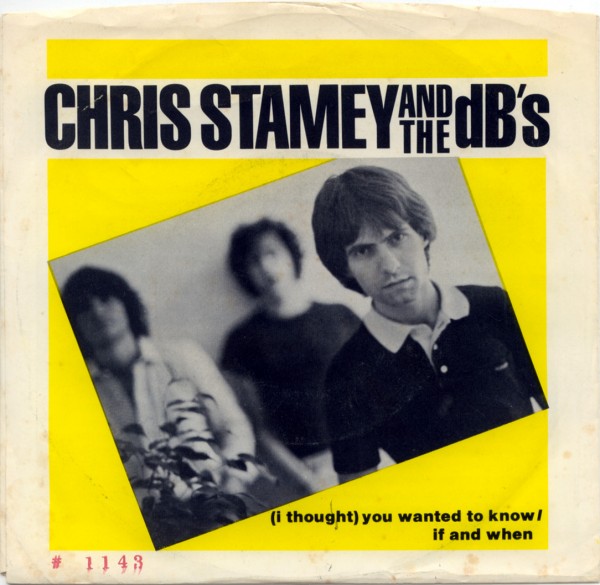We have a whole buncha tix to giveway to see power-pop legend Chris Stamey at World Cafe Live on Feb. 17th. To win all you have to do is sign up for our mailing list (SEE RIGHT, at the bottom of the masthead) and then send us an email at FEED@PHAWKER.COM saying as much with the subject line WHERE’S MY FREE CHRIS STAMEY TICKETS? Please include your full name and a mobile number for confirmation. If you have no clue who Chris Stamey and why you should care school yourself below.
ALL MUSIC GUIDE: From his tenures with the Sneakers and the dB’s on through to his subsequent solo projects, singer/songwriter Chris Stamey remained a linchpin of the jangle pop renaissance. Born December 6, 1954 in Chapel Hill, North Carolina, he was raised in the Winston-Salem area, and alongside longtime friend and collaborator Peter Holsapple, he first surfaced in 1972 in the short-lived Rittenhouse Square, which issued its sole LP the following year. While attending the University of North Carolina in 1975, Stamey teamed with drummer Will Rigby to form the cult favorite power pop combo Sneakers; later joined by guitarist Mitch Easter — the future Let’s Active frontman who would go on to emerge as one of the era’s premier producers. The group traveled to New York City in 1976 to appear at the famed Max’s Kansas City but dissolved soon after, at which time Stameyreturned to the Big Apple to set up his own label, Car Records. In addition to issuing the posthumous Sneakers collection In the Red in 1978, Car also issued the magnificent “I Am the Cosmos,” the lone solo single of ex-Big Star mastermind Chris Bell; concurrently, Stamey played live with Bell‘s onetime Big Star partner Alex Chilton, and in 1977 issued a solo single, “The Summer Sun.” When Rigby and bassist Gene Holder relocated to New York, Stamey joined them as the dB’s, releasing the 1978 single “If and When” before expanding to a four-piece with the addition of Holsapple. Although the dB’s quirky yet melodic approach anticipated the emergence of the southern jangle pop explosion, the band never earned the same attention afforded to acts like R.E.M. — initially, they couldn’t even land an American record deal, and their first two albums (the much-acclaimed 1981 efforts Stands for Decibels and Repercussion) appeared only in Britain. MORE

